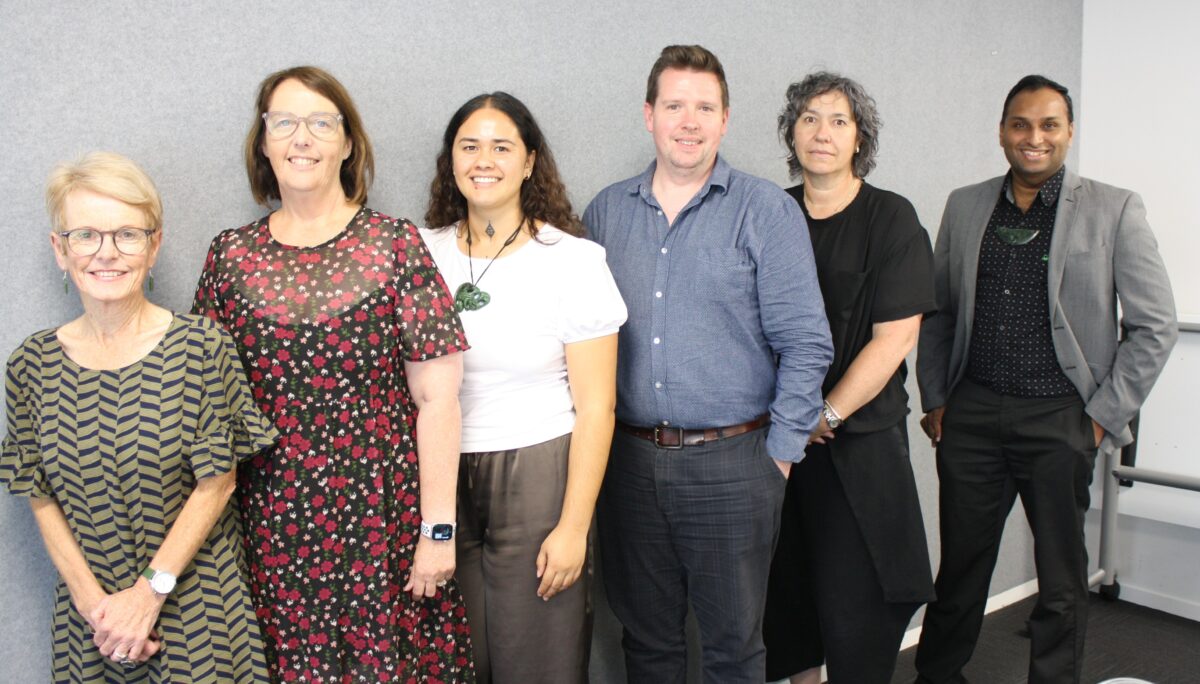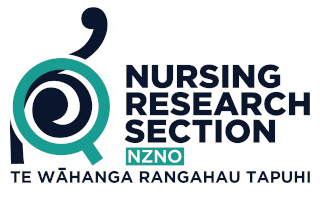 Nursing research is a bit of a slow burner — it’s not always immediate or hands-on but can have a real impact on nurses’ and day-to-day lives and work, along with that of patients.
Nursing research is a bit of a slow burner — it’s not always immediate or hands-on but can have a real impact on nurses’ and day-to-day lives and work, along with that of patients.
It has a particular focus. It’s about people, relationships — with patients, with the health system. It’s about nurses’ place in the health sector. It’s not the same as medical research or clinical trials — it’s about how we, as nurses, engage with our patients, in the real world, kanohi ki te kanohi — face to face.
The NRS now has a big focus on New Zealand research — from Māori nursing to the ageing workforce. At our biennial general meeting (BGM) in October, some of our members’ research being presented includes:
- The role of the nurse in assisted dying (Isaac Amankwaa, senior nursing lecturer at Auckland University of Technology).
- How graduate-entry nursing students feel about their identity (Patricia McClunie-Trust, nursing/nursing science Masters lecturer at Wintec).
- Kawa whakaruruhau — a framework for culturally-safe practice with Māori patients (Chey Ratima, nurse educator Māori at MidCentral-Health New Zealand.)
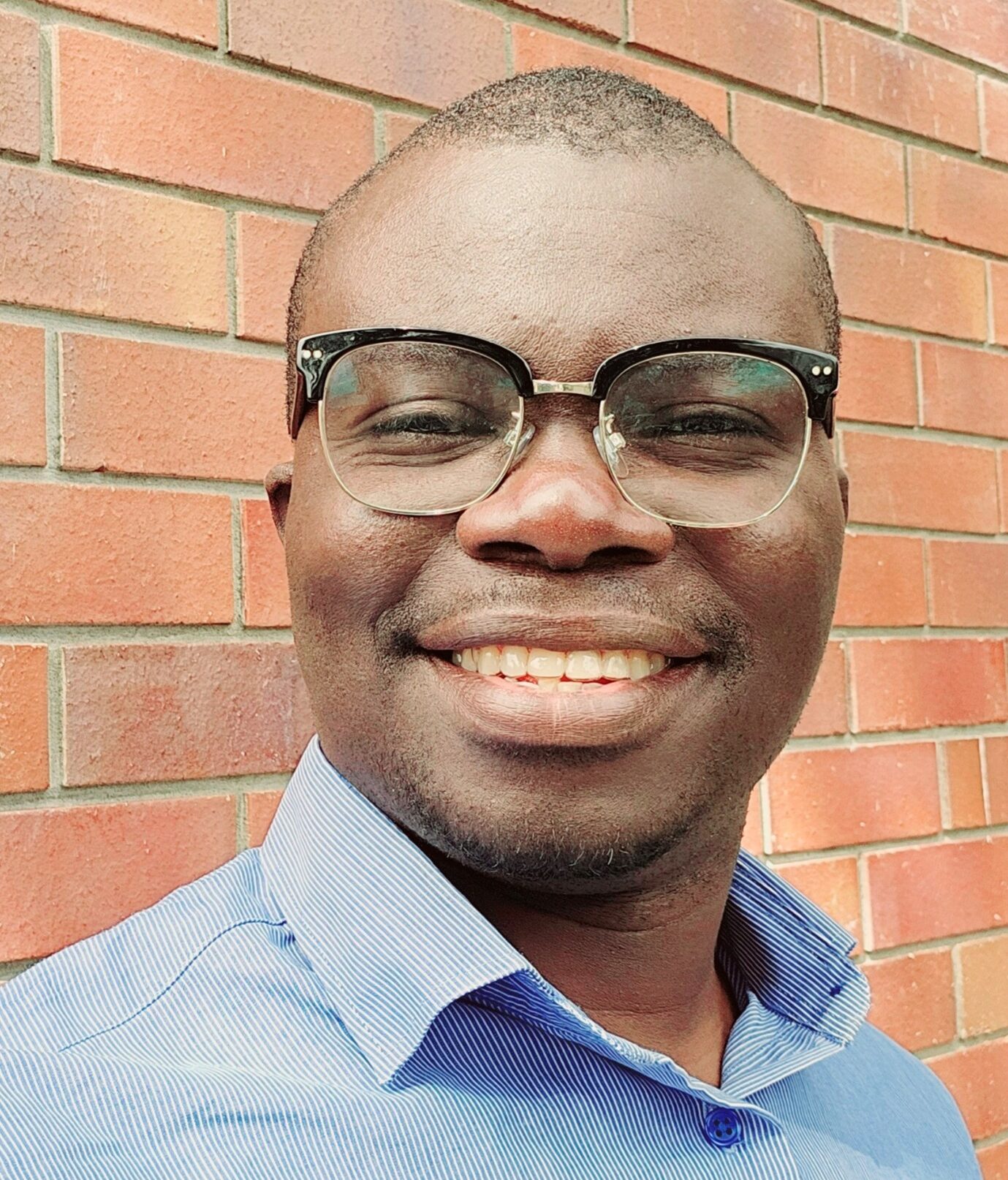
A lot of nursing research is qualitative — it’s the stories, the experiences of nurses, which brings the data to life. It supports best practice, or might lead to other, better practice. It’s about coming up with new and interesting approaches we haven’t thought about before.
Nurse researcher Wendy Blair (also NZNO’s RN competency advisor), NZNO researcher Sue Gasquoine and myself are also investigating the needs of late-career nurses — information which will help their workplaces support them appropriately. Are they staying? Are they leaving? All those things.
We’ve also had quite a big focus on Māori-led research. One of our former members, Ebony Komene, has driven a lot of that — the use of mātauranga (Māori knowledge) in nursing research, alongside more Pākēha-established methods.
‘I liked the ideas side of things — but what also appealed about nursing is it’s practical. I didn’t just want to do theoretical research.’
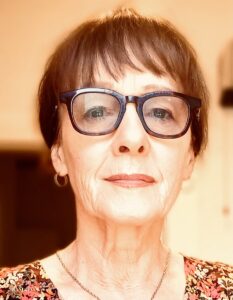
These topics are not merely academic — they are all current and pressing issues the nursing profession must deal with every day.
Research — alongside industrial campaigns — can bring powerful change.
University of Pennsylvania nursing professor Linda Aiken told NZNO’s He Tipua summit last year how sound research, eventually, led to nurse-to-patient ratios being introduced in her state. This is now a key plank of NZNO-Te Whatu Ora bargaining.
“Research rarely makes all the difference but it certainly helps,” she told NZNO at the time. “The data don’t lie.”
Recent research by the Nursing Council shows the impact of COVID-era policies on today’s workforce — almost half of which is made up of internationally-qualified nurses. Many of whom are leaving for Australia as they cannot find work. Meanwhile, while numbers of Māori and Pacific nurses have also grown, their percentage remain static at seven and four, respectively.
Nursing research is a bit of a slow burner — it’s not immediate or clinical, but can have a real impact on our lives.
NZNO’s vision for a safely-staffed, te Tiriti-led public health system drew on a range of local and international research — and will set the organisation’s direction for the foreseeable future.
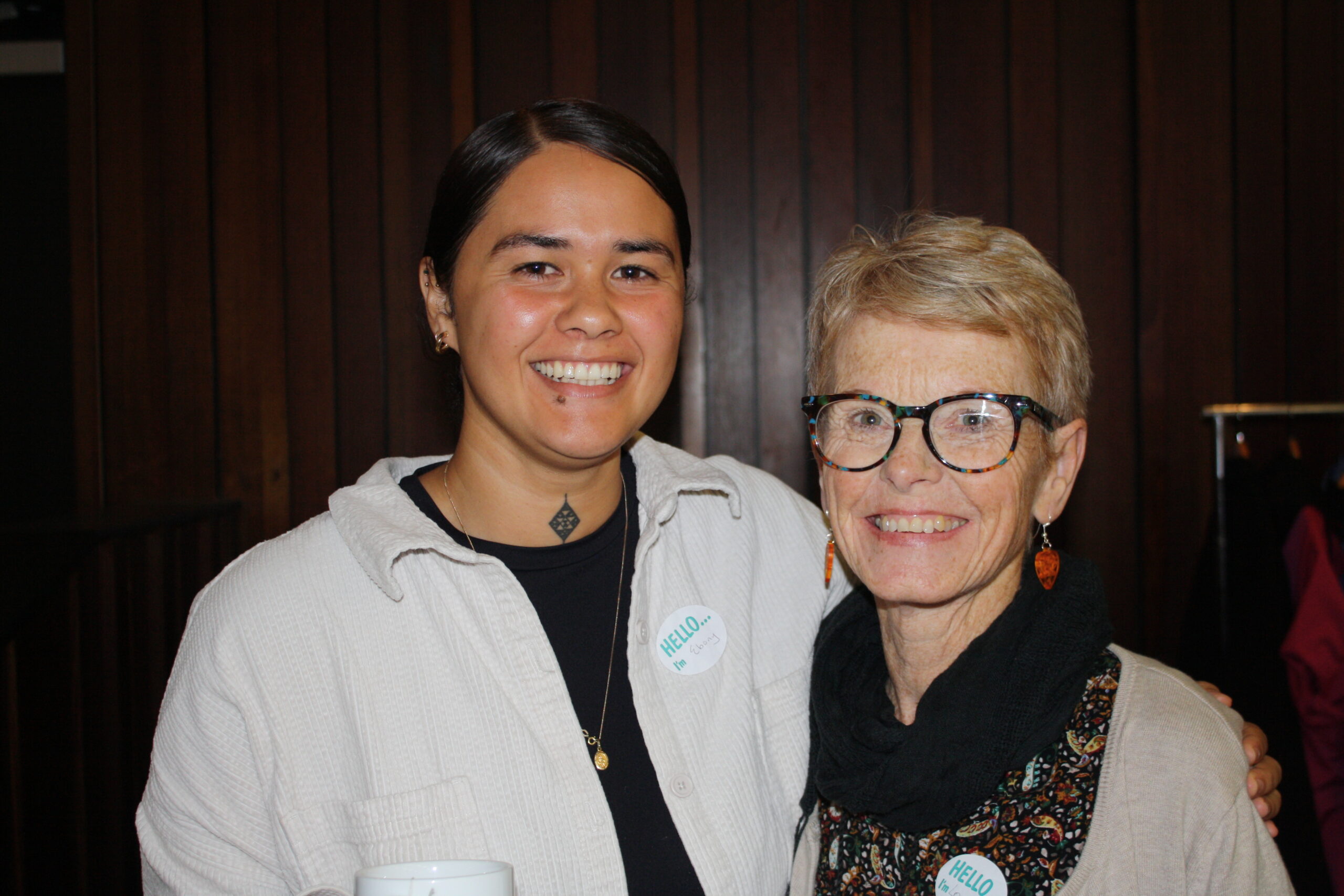
One of the first sections
The NRS is relatively small but has been growing. We now have about 370 members — most of whom are likely to be doing post-graduate study. We do a fairly regular survey of the wider NZNO membership to find out what they’re interested in knowing more about — the next one is planned for 2026 — also our 50-year anniversary!
Formed in 1976, we were one of the first sections of what was then the New Zealand Nurses Association. A more detailed background of the NRS and the role of research can be found in Merian Litchfield’s 2009 NZNO publication: To advance health care.
If you have suggestions for research topics to [email protected].
‘I love writing and reading’
Lorraine Ritchie’s nursing journey started a little later in life, in her mid-20s, after she had done a languages degree and travelled. She worked as a gerontology nurse, then “pretty quickly” moved into teaching undergraduates. She managed an aged-care facility for a few years before continuing with post-graduate nursing studies. She eventually completed a masters’ degree which combined her aged-care nursing and the arts, looking at how older people were represented in fiction and poetry.
‘What also appealed about nursing is, it’s practical. I didn’t just want to do theoretical research.’
Her PhD a few years looked at older people’s attitudes to medication.
“I liked the ideas side of things — but what also appealed about nursing is, it’s practical. I didn’t just want to do theoretical research.”
Ritchie juggles chairing the NRS with her day job as nurse consultant at Te Whatu Ora Southern, alongside supervising Masters’ students at the University of Otago Centre for postgraduate nursing studies.




